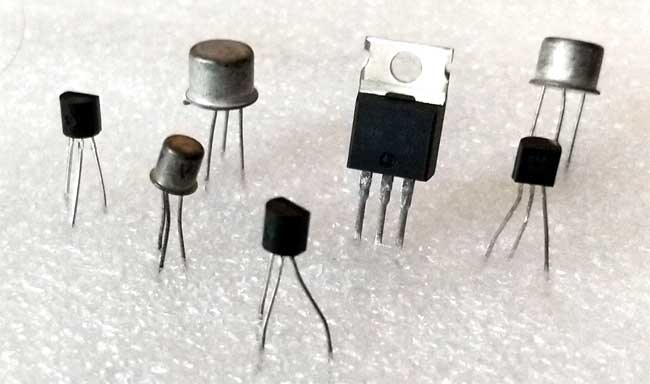New research reveals that transistors can be controlled by something else other than an electrical signal: heat. This was discovered by Dan Zhao and Simone Fabiano at the Laboratory of Organic Electronics, Linköping University.
“We are the first in the world to present a logic circuit, in this case a transistor, that is controlled by a heat signal instead of an electrical signal,” says Professor Xavier Crispin of the Laboratory of Organic Electronics, Linköping University.

It is essentially a thermoelectric organic transistor, the first of its kind. The devise is able to modulate a detectable current given a single degree temperature rise.
What the researchers did is developed a conducting polymer and arrived with a liquid electrolyte that has 100 times the ability to convert a temperature gradient to electric voltage than the electrolytes previously used.
It consists of positively charged ions, which are small and rapidly moving, and negatively charged polymer molecules, which are large and heavy. Given this structure, whenever one side is heated, the small ions move rapidly towards the cold side and a voltage difference arises.
The applications of this are vast. From detecting small temperature differences to using functional medical dressings in which the healing process can be monitored, this heat-driven transistor also offers to produce circuits controlled by the heat present in infrared light for use in heat cameras.
When developed further, it could enable a new heat camera in your mobile phone at a low cost, since the materials required are neither expensive, rare, nor hazardous.
The inspiration of this research was last year’s production of a supercapacitor that was charged by the sun’s rays. In that discovery, heat is converted into electricity by the capacitor, which can store the heat and release when needed.
“When we showed that the capacitor worked, we started to look for other applications of the new electrolyte,” Crispin tells.
Source: Phys.org














